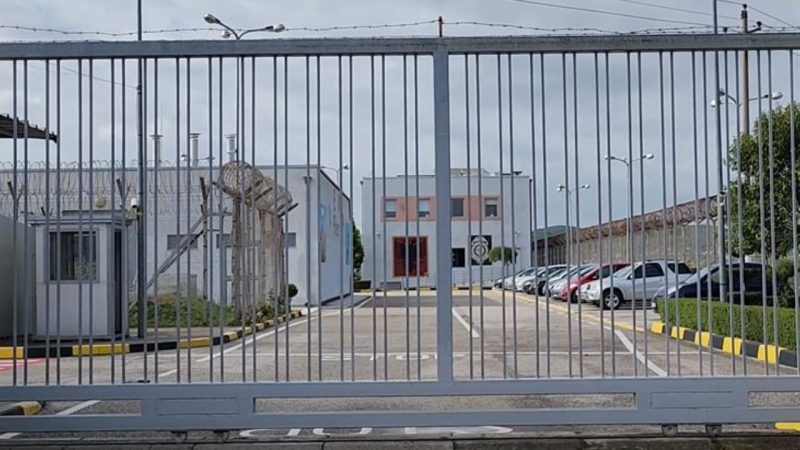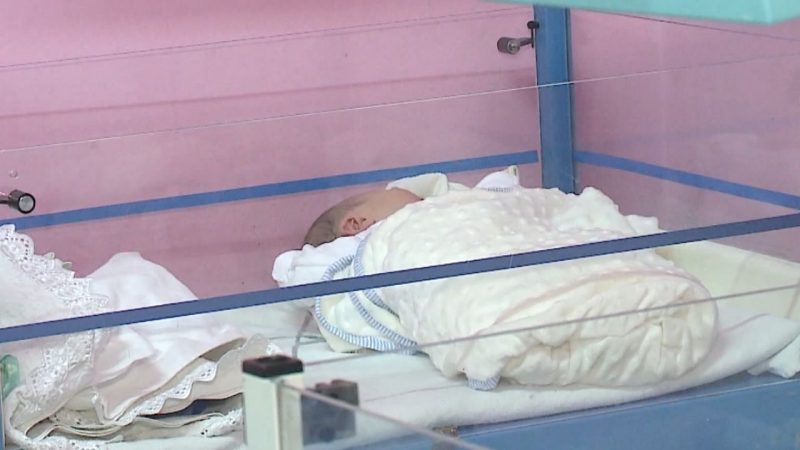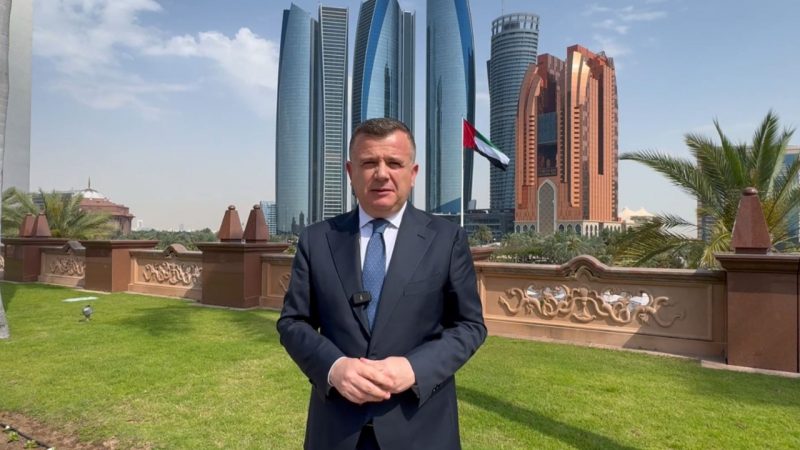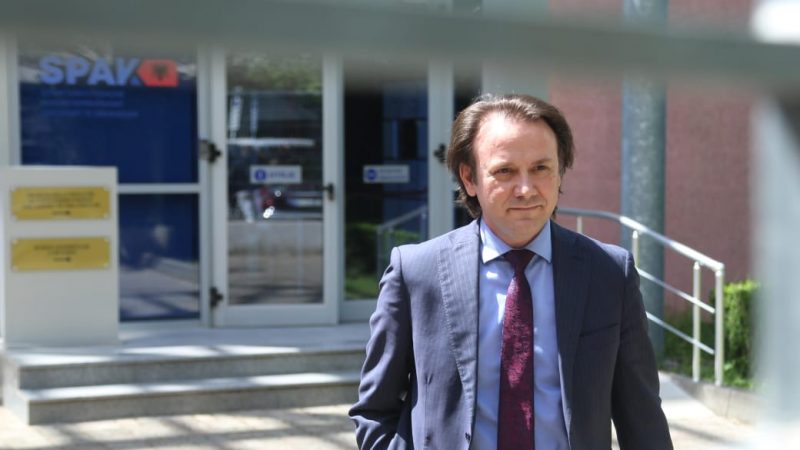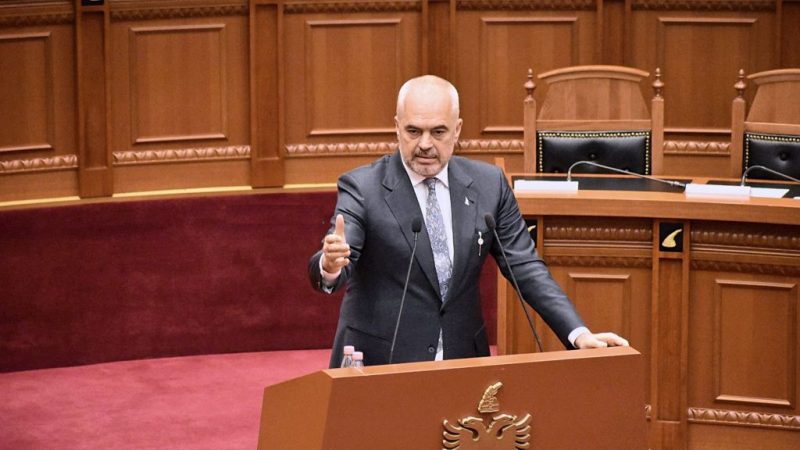 Opposition’s parliamentary group demands urgent interview with Edi Rama after the crime investigation of RAI3 network
Opposition’s parliamentary group demands urgent interview with Edi Rama after the crime investigation of RAI3 network
29/10/2015 00:00
The World Bank reacted the first time after their “Doing Business”
report, which spurred harsh debates after Albania had dropped 35 ranks.
In an interview for Top Channel, the Director of the World Bank for
Southeastern Europe, Ellen Goldstein, explains why Albania lost those
spots:
“Albania had improvements in eight out of 10 fields that ‘Doing Business’ measures. Two areas had deterioration. What caused the drop with 35 spots and that attracts media titles, was a temporary situation with the construction permits. The former law was suspended to make way for the territorial-administrative reform. This made the country be seen as if it had no laws for construction permits. We know that the permits have been given through a centralized process. 1000 applications were made last year, 500 of which have been approved. The construction permits were not blocked, but from the legal view it has been considered as a gap and it was valued with zero points”, Goldstein declared.
Goldstein says that Albania must take example from Macedonia for the business climate and economic reforms, although she minimizes the impact of the construction permits.
“Most of the Balkan countries are listed in the middle of the world ranks, and this is not enough. If you want to be a world destination for investments, you must be among the best. It is interesting that Macedonia is ranked 12th in the world for this year. It has been constantly ranked 25th or 30th. This is a standard that every Balkan country can reach if reforms are accelerated. I think that Albania can do it if reforms are accelerated”, Ellen Goldstein declared.
But what are the recommendations of the World Bank for the Government? Goldstein says: “Accelerated reforms for the worst ranked sectors”
“Construction permits. Now that the territorial-administrative reform has been approved, the legal structure must function normally. Other areas are those of energy, especially time and cost for being connected with the network. Last, the tax payment. We are not talking about the burden, which is almost on the same line with the other countries of the region and the EU. The problem is the number of payments and the time this process takes from businesses”, says the WB Director for Southeastern Europe.
Besides energy and taxes, property and the law system are two other areas in which reforms should focus, according to the World Bank.
Top Channel
 Opposition’s parliamentary group demands urgent interview with Edi Rama after the crime investigation of RAI3 network
Opposition’s parliamentary group demands urgent interview with Edi Rama after the crime investigation of RAI3 network 25/04 16:15



